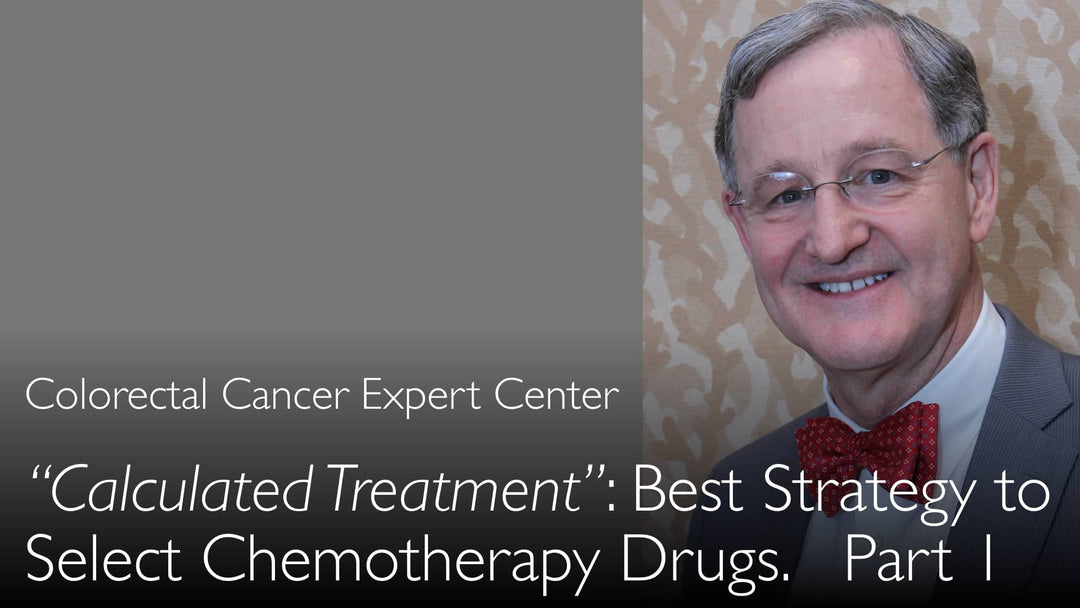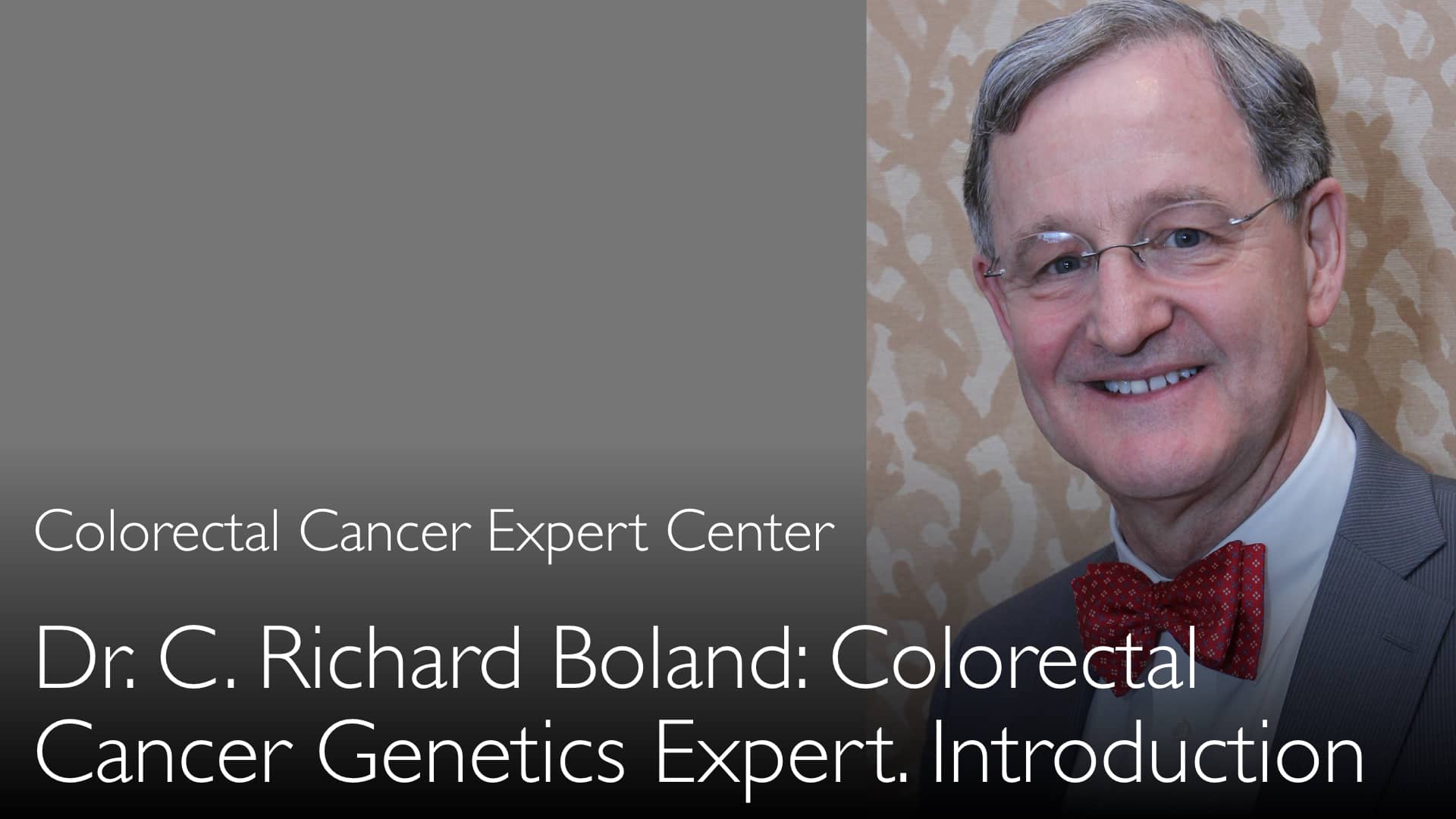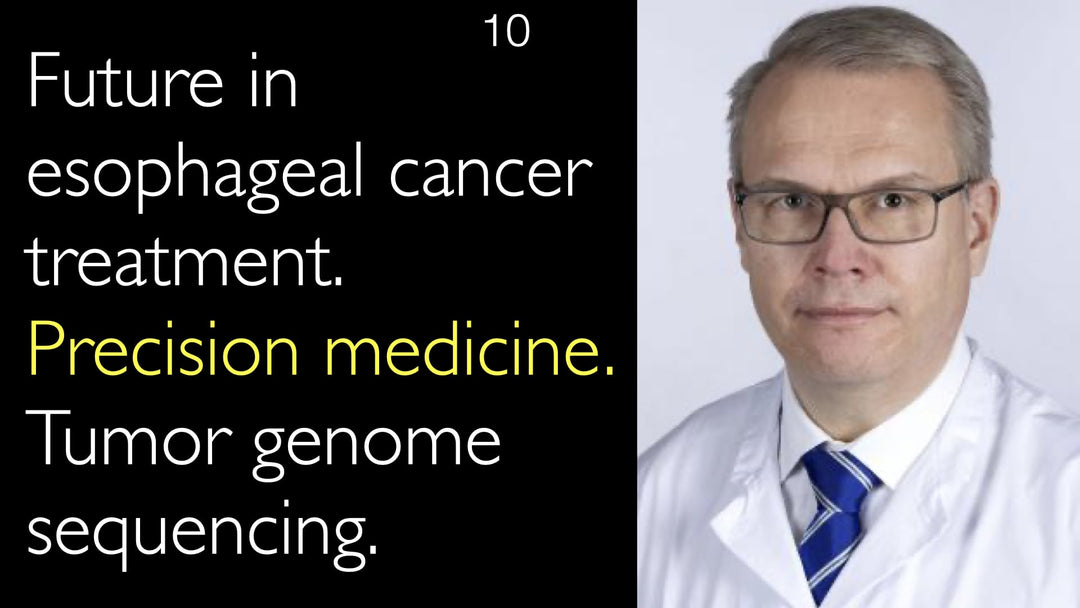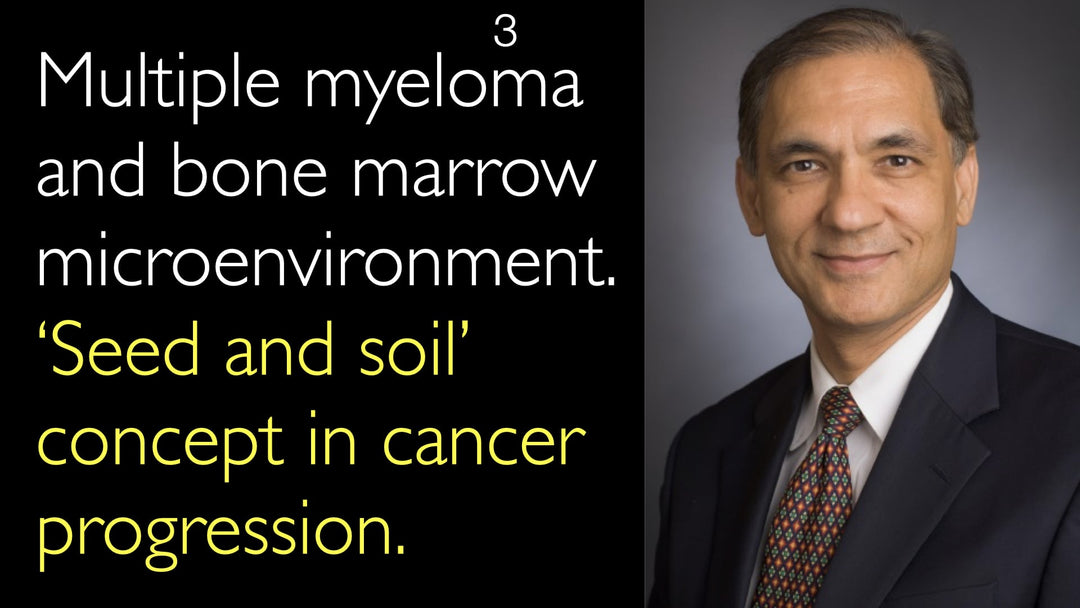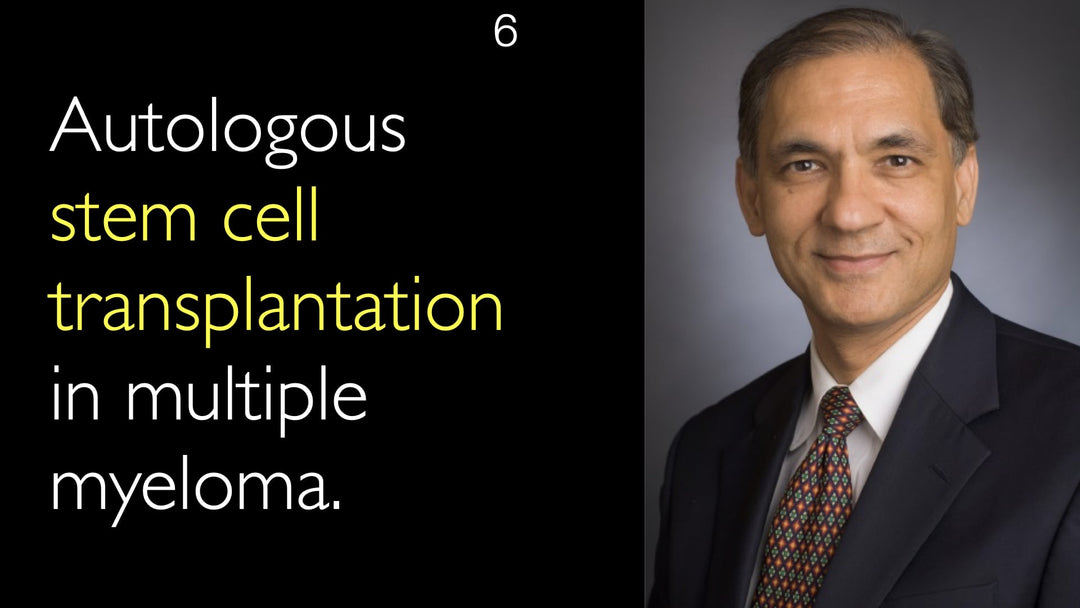O renomado especialista em genética do câncer e medicina de precisão, Dr. C. Richard Boland, MD, explica como a quimioterapia calculada por meio de modelagem matemática pode superar a resistência tumoral e aumentar as taxas de cura para câncer colorretal, melanoma e câncer de pâncreas. Essa abordagem inovadora substitui a terapia sequencial ultrapassada por combinações otimizadas de medicamentos que previnem a evasão molecular e a recorrência do câncer.
Quimioterapia de Precisão: Como a Modelagem Matemática Melhora os Resultados do Tratamento do Câncer
Navegar para a Seção
- A Revolução da Quimioterapia Calculada
- Por Que a Terapia Sequencial Falha com os Pacientes Oncológicos
- A Matemática na Otimização do Tratamento do Câncer
- Superando a Resistência Tumoral por Meio da Combinação Precoce
- Equilibrando Eficácia e Toxicidade na Terapia Combinada
- O Futuro da Oncologia de Precisão
- Transcrição Completa
A Revolução da Quimioterapia Calculada
O Dr. C. Richard Boland, MD descreve a quimioterapia calculada como uma abordagem transformadora na medicina de precisão que utiliza modelagem matemática para determinar combinações ideais de medicamentos. Em discussão com o Dr. Anton Titov, MD, ele explica como esse método supera as tradicionais linhas de tratamento sequencial, atacando o câncer por múltiplos ângulos simultaneamente, sendo especialmente eficaz em casos desafiadores como câncer de pâncreas e melanoma.
Por Que a Terapia Sequencial Falha com os Pacientes Oncológicos
O Dr. Boland revela que pesquisas publicadas na Nature demonstram como a quimioterapia sequencial convencional frequentemente condena o tratamento desde o início. "Mesmo em cenários ideais, onde nenhuma mutação isolada resiste a todos os medicamentos", ele observa, "o intervalo entre a terapia de primeira linha e a de segunda linha permite que células cancerígenas resistentes dominem." Essa realidade biológica explica por que muitos pacientes têm remissão temporária seguida de recidiva agressiva.
A Matemática na Otimização do Tratamento do Câncer
A abordagem de tratamento calculado surgiu de uma colaboração inovadora entre o Dr. Martin Nowak, de Harvard, e o pioneiro em genética do câncer Dr. Bert Vogelstein. Seus modelos matemáticos preveem como diferentes combinações de medicamentos podem superar a evolução tumoral. O Dr. C. Richard Boland enfatiza que esses modelos ajudam os oncologistas a identificar combinações que proporcionam o máximo impacto inicial, minimizando o desenvolvimento de resistência.
Superando a Resistência Tumoral por Meio da Combinação Precoce
O Dr. C. Boland, MD, explica o conceito crítico de escape molecular – quando apenas uma célula cancerígena resistente à quimioterapia sobrevive ao tratamento e regenera o tumor. "Essa única célula pode desfazer meses de sucesso terapêutico", ele alerta. A quimioterapia calculada aborda isso utilizando combinações com temporização precisa que não dão chance para clones resistentes emergirem e proliferarem.
Equilibrando Eficácia e Toxicidade na Terapia Combinada
Embora a terapia combinada seja promissora, o Dr. C. Richard Boland, MD alerta sobre o manejo da toxicidade. "O desafio é encontrar o menor número de medicamentos que possa controlar efetivamente o câncer sem sobrecarregar o paciente", ele diz ao Dr. Anton Titov. Pesquisas atuais focam em identificar quais cânceres requerem três, quatro ou cinco agentes simultâneos, em comparação com aqueles que respondem a combinações mais simples.
O Futuro da Oncologia de Precisão
O Dr. Boland vislumbra um futuro próximo onde a modelagem matemática se torna padrão no planejamento da quimioterapia. "Estamos avançando para tratamentos personalizados não apenas para o tipo de câncer, mas para o perfil de mutação específico de cada tumor e suas vias evolutivas previstas", ele explica. Essa abordagem poderia beneficiar especialmente pacientes com cânceres tradicionalmente de difícil tratamento, como câncer de pâncreas e colorretal.
Transcrição Completa
Dr. Anton Titov, MD: Em uma entrevista convincente, o renomado especialista em genética do câncer Dr. C. Richard Boland revela como uma nova abordagem para a quimioterapia poderia transformar o cuidado oncológico.
Dr. C. Boland, MD: Essa estratégia de medicina de precisão substitui as linhas de tratamento sequencial ultrapassadas por combinações de quimioterapia matematicamente otimizadas. Ao aproveitar a modelagem matemática, pesquisadores testaram essa abordagem em câncer de cólon, melanoma e câncer de pâncreas.
Dr. C. Boland, MD: O trabalho inovador mostra que a terapia sequencial tradicional pode bloquear qualquer chance de cura, enquanto o tratamento calculado e simultâneo oferece nova esperança para remissão de longo prazo.
Dr. Anton Titov, MD: O Dr. Boland descreve o tratamento calculado como uma abordagem de medicina de precisão que desafia o uso sequencial ultrapassado de medicamentos quimioterápicos.
Dr. C. Boland, MD: A modelagem matemática identifica as melhores combinações de medicamentos para prevenir a resistência tumoral e melhorar o potencial de cura em cânceres como câncer colorretal, melanoma e câncer de pâncreas.
Dr. Anton Titov, MD: Por que a quimioterapia sequencial frequentemente falha?
Dr. C. Boland, MD: Historicamente, os oncologistas iniciaram com uma quimioterapia de primeira linha e só mudaram para um agente de segunda linha após recidiva. Pesquisas comprovam que esse método sequencial pode impedir qualquer chance de cura, mesmo em condições ideais onde nenhuma mutação resiste a mais de um medicamento.
Dr. C. Boland, MD: Esse atraso na terapia combinada permite que células cancerígenas resistentes assumam o controle.
Dr. Anton Titov, MD: Como a modelagem matemática contribuiu para essa nova abordagem?
Dr. C. Boland, MD: O conceito de tratamento calculado originou-se de uma colaboração entre biólogos computacionais e pioneiros da genética do câncer. Usando modelos matemáticos, eles previram como combinações simultâneas de medicamentos poderiam superar a evolução tumoral.
Dr. C. Boland, MD: Esses modelos podem orientar os oncologistas na seleção de combinações que proporcionem um forte primeiro golpe contra o câncer, reduzindo o risco de resistência.
Dr. Anton Titov, MD: O que é escape molecular?
Dr. C. Boland, MD: O escape molecular ocorre quando uma única célula resistente à quimioterapia entre milhares sobrevive, expande-se e causa recidiva do câncer. Os pacientes podem ter uma remissão inicial apenas para enfrentar recaída meses depois.
Dr. C. Boland, MD: Isso inicia outro ciclo exaustivo de tratamentos, que o tratamento calculado visa prevenir.
Dr. Anton Titov, MD: Como você maneja a toxicidade na quimioterapia combinada?
Dr. C. Boland, MD: Embora a terapia multidrogas simultânea possa conter a resistência, os desafios de toxicidade permanecem. Usar muitos agentes aumenta os efeitos colaterais, e tumores com muitas mutações podem requerer três a cinco medicamentos, o que frequentemente é inseguro.
Dr. C. Boland, MD: O objetivo é encontrar a menor combinação eficaz de medicamentos, maximizando a eficácia enquanto mantém a toxicidade manejável.


